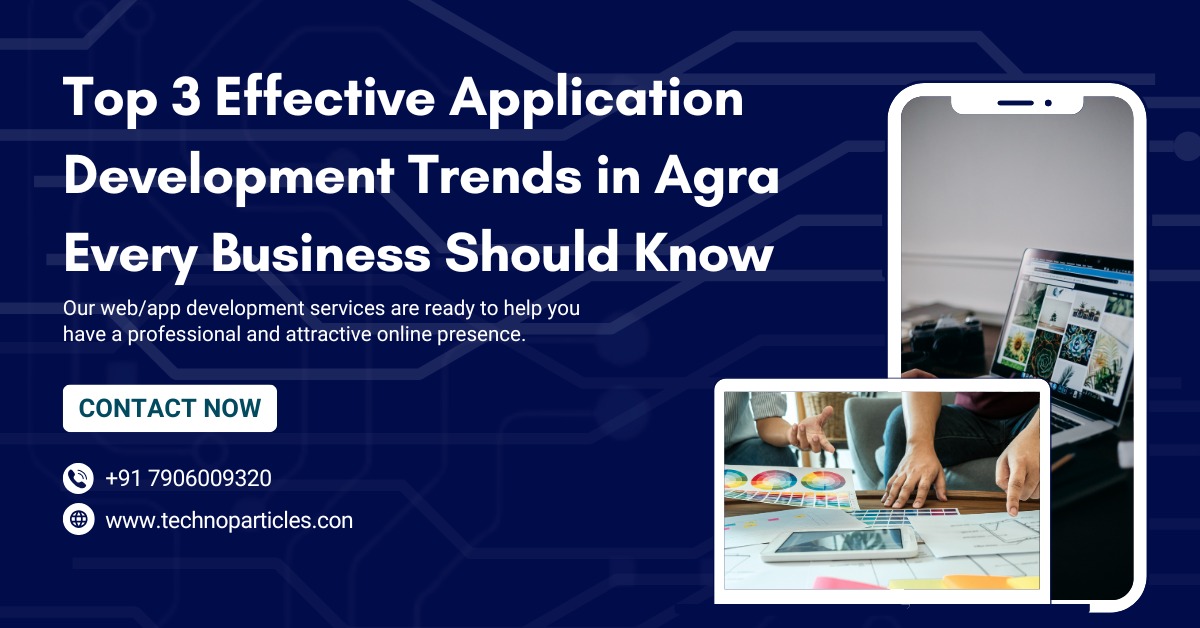Introduction: The Evolution of Mobile Apps
Why 2025 Users Expect More
In 2025, mobile app users are no longer satisfied with just basic functionality. Today’s audience demands lightning-fast performance, real-time personalization, and rock-solid security—all wrapped in a seamless experience. If your app can’t deliver, your users will bounce.
From Functionality to Experience: What’s Changed?
The shift is clear: users expect intuitive navigation, smarter interactions, and features that “understand” them. This is why developers and startups must now build apps that don’t just work—but adapt, secure, and delight.
Feature 1: AI-Driven Personalization
Custom User Experiences Through Machine Learning
AI allows apps to learn from user behavior and deliver real-time, tailored experiences. Whether it’s personalized home screens, curated content, or product suggestions—AI is the brain behind modern engagement.
Examples: Smart Recommendations, Adaptive Interfaces
Think of Netflix recommending your next binge, or Spotify auto-curating playlists. In mobile apps, personalization also means dynamic UI that adapts based on user patterns and preferences.
Popular tools include TensorFlow Lite, Firebase ML, and IBM Watson. These help integrate machine learning models with minimal setup, allowing developers to deploy intelligent features faster.
Feature 2: Seamless Cross-Platform Performance
Why Users Demand Consistency Across Devices
In a multi-device world, your app must offer a uniform experience—whether accessed from an Android phone, an iPhone, or a browser. Inconsistencies hurt trust and conversion.
Benefits of Flutter, React Native, and PWA Tech
These modern frameworks allow developers to build once and deploy everywhere—without compromising speed or UX. Flutter’s smooth UI rendering and React Native’s native performance are top choices for 2025.
Feature 3: Enhanced Security & Data Privacy
2025’s Standards for User Trust and Compliance (GDPR, HIPAA)
With rising data concerns, privacy is now a major app feature. Users want transparency, control, and assurances. Complying with regulations like GDPR or HIPAA isn’t optional—it’s expected.
Best Practices: Biometric Logins, Encryption, and Secure APIs
Secure your app with biometric authentication, end-to-end encryption, and OAuth-based APIs. These not only protect data but also boost credibility in the eyes of your users.
How to Communicate Security to Users
Make it clear in your onboarding and privacy settings. Use human language, show certificates (SSL, ISO), and update users on security improvements.







Leave a comment